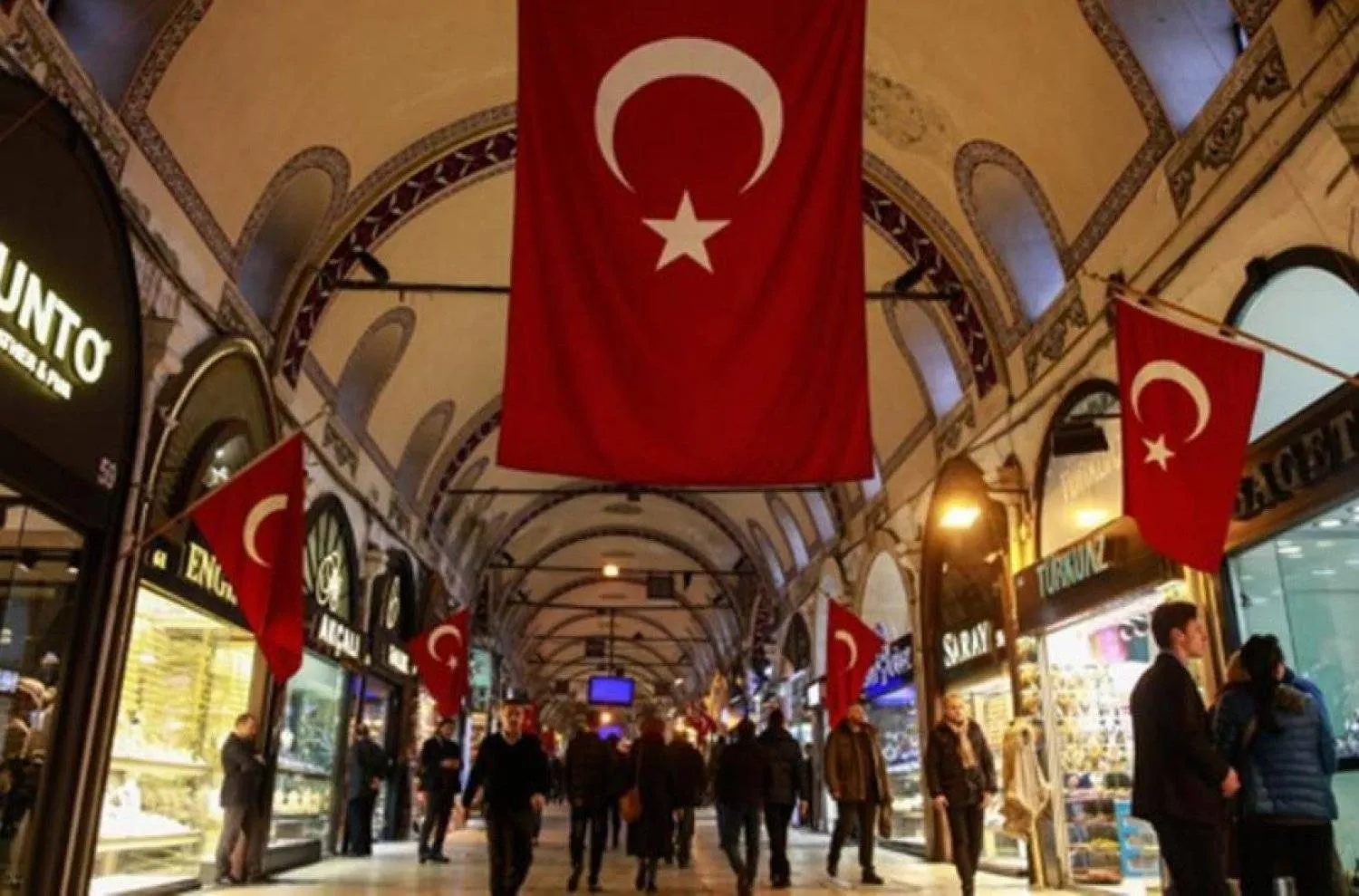Fitch Ratings has upgraded Türkiye’s rating to ‘B+’ from ‘B’ and changed its outlook from ‘stable’ to ‘positive.’ This is because Türkiye has tightened its monetary policy since June 2023, following changes in the economic team after the elections in May.
The tightening of monetary policy has been stronger and faster than expected, which has helped reduce financial stability risks. Despite this, inflation has continued to rise, reaching a 15-month high in February.
Fitch expects inflation to decrease but remain high. It predicts it will average 58% in 2024 and end the year at 40%, which is above the central bank’s target.
Fitch warns against easing monetary policy too soon or providing extra stimulus, as this could undermine the positive effects of recent policy changes.
It also predicts Türkiye’s economy to grow by 2.8% this year and 3.1% in 2025. However, it does not expect any changes in Türkiye’s monetary policy after the local elections in March.
Overall, Türkiye’s financial stability is expected to improve in the coming months, with inflation slowing down and the current account deficit narrowing.
The agency ruled out any changes in Türkiye’s monetary policy after the local elections scheduled for March 31.
Last September, Fitch kept Türkiye’s foreign currency long-term credit rating at ‘B’ and revised its outlook from ‘negative’ to ‘stable.’ Its next report on the Turkish economy is expected in September this year.
Turkish Finance Minister Mehmet Simsek said the rating upgrade was a concrete result of the government's economy program as well as its rule-based and predictable policies.
"Macrofinancial stability will be further strengthened and our credit rating will increase in H2 with disinflation, narrowing current account deficit and budget discipline," Simsek added on social media platform X.









